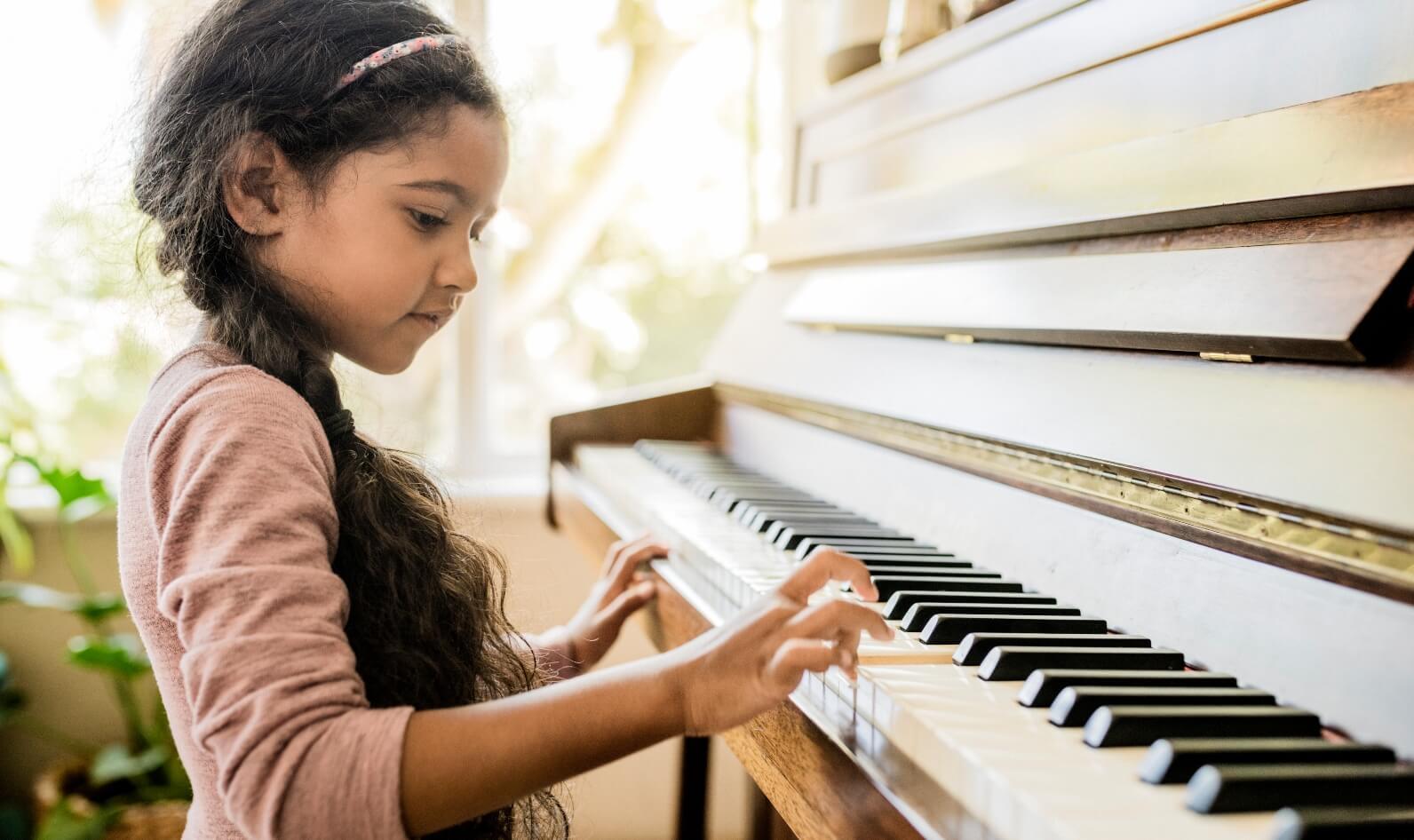
Musicians commit their time in music school Singapore programs to concentrated, self-control, and regular practice. Moreover, playing music offers an endless capacity for improvement: Musicians frequently pursue subtlety, defter technique, and better synchrony with their ensembles. Articles indicating a link between musicianship and mind plasticity started to appear: Violinists had bigger motor mind regions dedicated to the hand; expert musicians made sound judgments about sounds that varied subtly in timing or pitch.
Greater Than Just Music
Study has shown that involving your kid in music activities like learning joining piano classes, drums courses, guitar classes or violin classes might enhance the mental performance and can improve your kid’s abilities that he might use in various other areas also. When youngsters involve in these type of music activities like listening to music and singing might bring some extra ordinary modifications in your kid’s discovering behaviour.
Including you kid into music does not indicate only to use your youngster’s voice or hands however sometimes he participates in several set of things like using tiny and huge muscles, ears and eyes and so on
Music Can Boost Social Skills
Music is commonly referred to as the universal language, and learning how to perform an instrument will expand your child’s social group- they’ll be coming across new individuals and interacting with their peers, specifically if they go to music programs or are registered in team sessions. Group lessons will require your child to team up and work with their peers as a team. If your kid is performing their trumpet too swiftly or too loudly, they’ll need to make any required modifications- a skill that will come in handy if your kid decides to sign up with a marching group or band ensemble down the line. According to experts, children who become associated with a musical group or ensemble will learn important life skills, including how to connect to others and how to work together as a group.
It’ll Help Develop Confidence
Music sessions are a risk-free and organized space for your kid to discover how to take and offer criticism. Transforming negative responses into a favourable change assists build self-confidence and, prior to you understand it, your youngster will be learning (and also growing!) from their blunders. Team lessons, in particular, will aid your youngster learn that not everybody is perfect, everyone makes errors, which there’s always room for improvement. Furthermore, when your youngster participates in public acts and recitals, they’ll come to be more comfortable in social circumstances. Many schools and music workshops have a couple of recitals a year– be sure to ask about the recital schedule before enlisting your youngster in courses, especially if you believe public performances will contribute to your youngster’s development.
Language Advancement
One of the vital advantages of music education and learning the language growth amongst those kids whose age is between 2 to 9; and this is extremely essential in that specific age. Moreover, children has all the music abilities since childhood years but they require only to boost and registering your child in a musical school may boost those abilities.